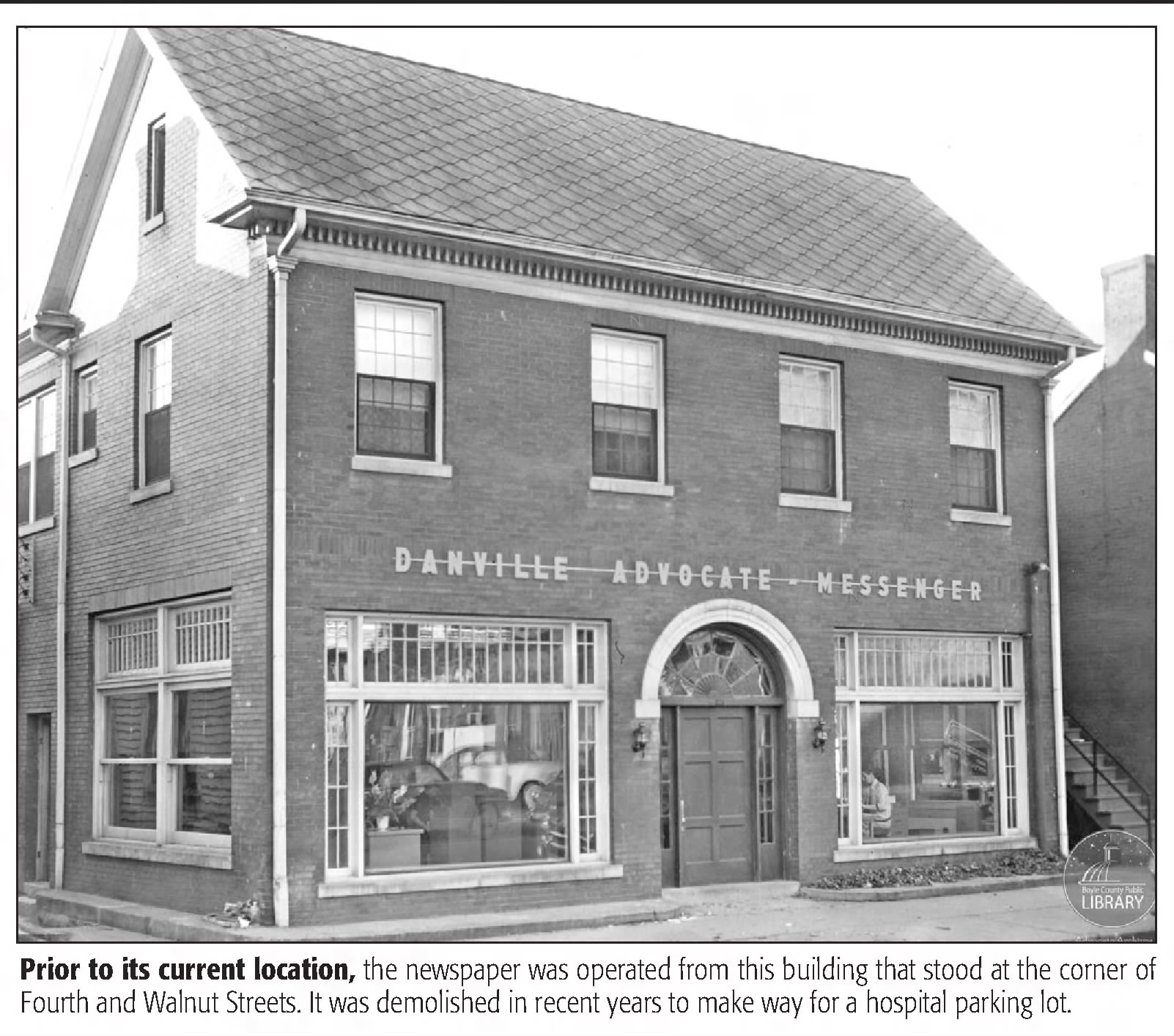Kerr survived Battle of Perryville, but died of illness
Published 7:33 pm Friday, November 9, 2018

- Public domain Richard M. Robinson, a Union sympathizer, offered his house and farm for a campsite during the Civil War.
A young soldier who joined forces in 1861 with a Confederate unit in Jackson, Tennessee, to fight for the South during the Civil War, was in two major battles before an illness cut his life short.
1st Sgt. Currie Newton Kerr enlisted as first sergeant in Company A of the 9th Tennessee Infantry on May 23, 1861, in Jackson. A year later, he was promoted to the rank of captain of the company known as “The Dancyville Grays.”
The 9th Infantry Regiment fought in battles at Shiloh, Tennessee, and Perryville before being assigned to General Maney’s and Palmer’s Brigade Army of Tennessee in December 1862.
The Regiment fought in campaigns of the Confederate Army from Murfreesboro, Tennessee, to Atlanta, Georgia. The regiment had 838 officers and men and reported 60 killed and wounded at Shiloh and 158 casualties at Perryville.
However, Kerr was not wounded or killed in battle.
Like many other recruits, he became ill with a cold during the battle at Shiloh. His condition worsened during several small skirmishes with the Northern troops on the way to Perryville, where he was in Kentucky’s largest battle during the war.
After the battle, Kerr walked 17 miles from Perryville to Camp Dick Robinson, which was held by the Union near Bryantsville in Garrard County.
He was a “coatless, weary and worn and suffering blue-eye soldier” when he arrived on Oct. 9, 1862. He died Oct. 24, 1862, at the camp.
Richard M. Robinson, a Union sympathizer, offered his house and farm for a campsite. This was the first Federal recruiting station south of the Ohio River.
The two-story frame house had a two-galleried recessed porch, topped with a gabled pediment. The rear of the house had an L-shape making 14 rooms. This was used as headquarters for the camp.
The house still stands and the exterior has been covered with red brick.
Col. W.A. Hoskins, commander of the camp, pardoned Kerr “for being a ‘Southerner’ prior to his death.
Hoskins placed Kerr in a wooden coffin and buried him in a small country church yard a mile away from the camp.
Thirty-nine years later, Kerr’s remains were removed from the first grave and buried in Bellevue Cemetery in Danville.
A letter dated Aug. 5, 1901, in Biltmore, North Carolina was written by Kerr’s sister Anna H. Kerr to Margaret Hoskins Robinson asking about her brother’s death.
Mrs. Robertson said when Kerr came to her house on Oct. 9. 1862, he was a “coatless, weary and worn and suffering soldier.
“The expressive blue eyes, delicately chiseled and classic features signified an elegant bearing, proclaimed more eloquently, that words could have been done, a noble ancestry, a pure life and a heroic nature.”
“The Battle of Perryville had been fought, and his little strength well nigh exhaustion in this terrible conflict, yet he had walked most of the way from there (a distance of 17 miles), to our home, and upon reaching it, was so feeble that he had to be carried to an upper chamber, from where he never came forth again.”
“Your brother was not wounded, but contracted his death cold upon Shiloh’s dark and bloody ground, which terminated in rapid consumption.”
Information for this article was from research by Andy Bryant, a genealogist, and The Advocate-Messenger archives.






